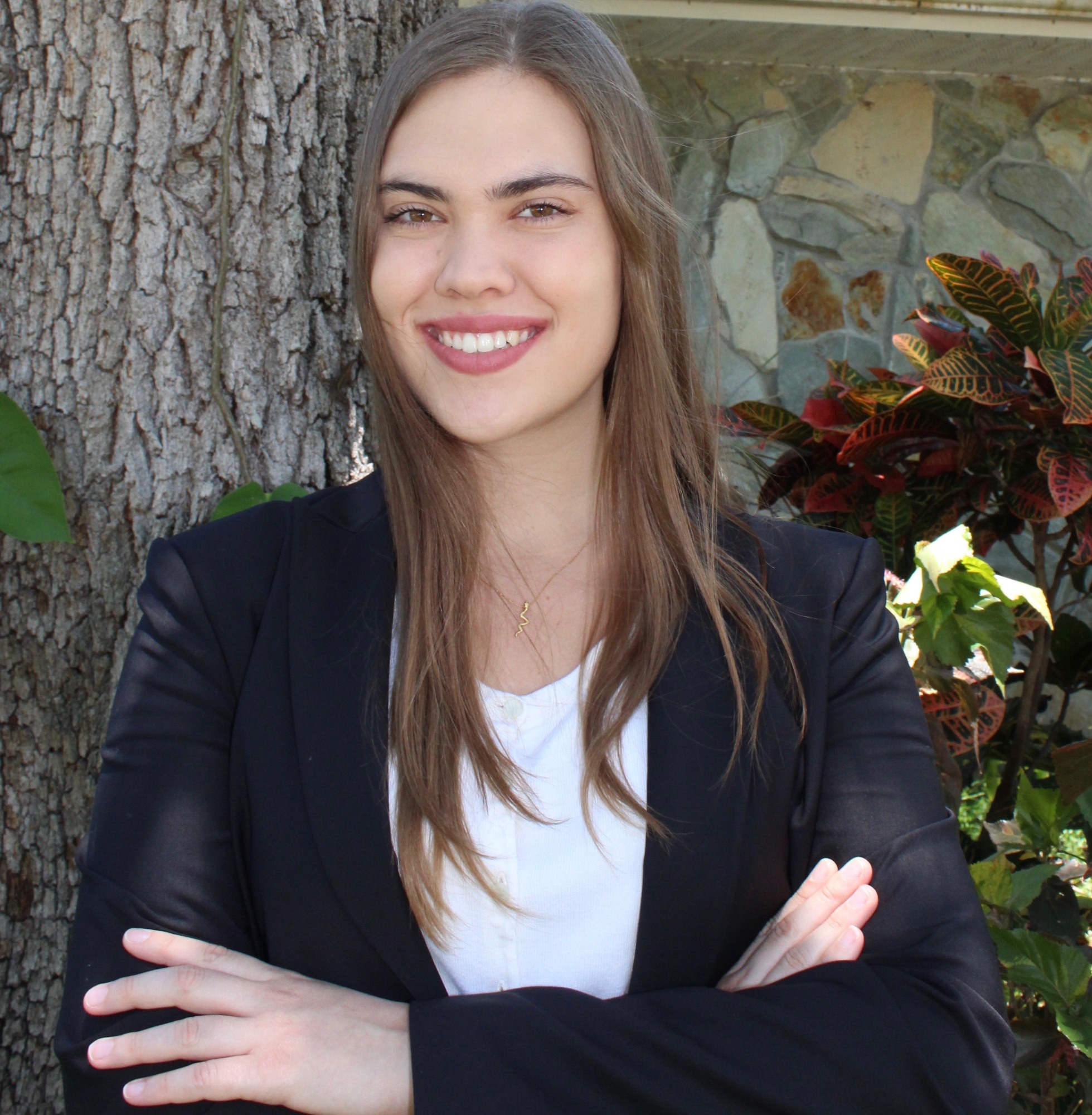 Launched in 2011 by the Graduate School, this innovative program enables doctoral students to pursue a secondary master’s degree, allowing them to combine fields in unique ways and acquire expertise in more than one area. The program provides Brown doctoral students with the opportunity to broaden their intellectual and scholarly horizons, without sacrificing depth of study, as they prepare to launch their careers.
Launched in 2011 by the Graduate School, this innovative program enables doctoral students to pursue a secondary master’s degree, allowing them to combine fields in unique ways and acquire expertise in more than one area. The program provides Brown doctoral students with the opportunity to broaden their intellectual and scholarly horizons, without sacrificing depth of study, as they prepare to launch their careers.
For Schultz, the program provides an ideal opportunity to merge her interests in anthropology and public health. After studying medical anthropology as an undergraduate, she sought a graduate program where she could complete a Ph.D. in anthropology and a master's in public health.
“As a medical anthropologist I am very interested in interdisciplinary work and recognize how important it is to be able to understand both quantitative and qualitative research—both are essential,” she says.
Schultz explains that while anthropology pushes scholars to examine the world through the lens of social environments and human behavior, public health often prioritizes quantitative, metrics-based approaches. Her goal is to integrate both methodologies to produce compelling, data-informed insights for policymakers.
Focusing on Maternal Healthcare in Tanzania
Schultz’s research centers on maternal healthcare in Tanzania, where she examines how medical providers deliver ethical care amid supply shortages and how families prepare for childbirth in resource-limited settings.
Her master’s thesis complements this work and is focused on understanding insurance use in Tanzania and how it can potentially impact antenatal care and maternal and child mortality. Her public health course work has allowed her to add a statistical component to her doctoral dissertation project, incorporating Demographic and Health Survey (DHS) data from Tanzania to study the relationship between insurance utilization and use of biomedical facilities for antenatal care and delivery.
“As Tanzania strives to reduce the maternal and child mortality ratios and introduce new policies requiring insurance, I hope that my research can support these ongoing efforts. Thus, creating tangible impacts seen through policy change. I hope to amplify the voices of mothers and pregnant women to policy makers so that their needs are heard nationally and globally,” says Schultz.
Challenges and Rewards of Interdisciplinary Research
Balancing two distinct disciplines is not without its challenges, Schultz admits. “The greatest challenge has been switching how I approach issues within global health. Public health is very concerned with metrics, and learning biostatistics has been a satisfying challenge. I have also found that the writing styles greatly differ, and it has been fun trying to push the boundaries of each discipline to blend the writing styles.”
Despite the challenges, Schultz finds the work immensely rewarding. “The most exciting and rewarding part of my research has been learning Kiswahili and spending time in Tanzania forming professional relationships with medical providers,” she says.
Since starting at Brown, Schultz has travelled to Tanzania two times and spent time learning Kiswahili and preliminary research. This past summer she was awarded a Critical Language Scholarship through the U.S. State Department which allowed her to gain advanced proficiency in the language.
Preparing for a Career in Policy and Research
After completing her degrees, Schultz aspires to work at the intersection of public health and anthropology, where her interdisciplinary expertise can inform maternal health policy and drive meaningful change.
“I know that the Open Graduate Program positions me to be successful in both academia and public sectors. It has helped me learn how to pitch my research to multiple types of scholars that convinces them of the importance of anthropological scholarship,” says Schultz.
For those considering the program, Schultz shares that completing two degrees can be quite challenging and requires dedication. “I am not sure I really manage my time differently, but open grad requires you to be very organized. It can be overwhelming when you think about all the coursework and research that needs to be completed for each degree, but I find that having a long-term plan allows me to focus on the current semester.”
As applications for the next cycle of the Open Graduate Education program approach—due February 10, 2025—Schultz’s story highlights the transformative potential of interdisciplinary study. Her work exemplifies how combining fields can not only enhance academic and professional opportunities but also drive solutions to global challenges.